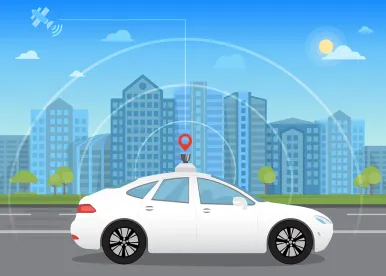The issue of self-driving cars has been under consideration by Congress since the House passed legislation in September 2017 – which then stalled in the Senate – and is now becoming an area of renewed focus by committees in both chambers. The House Energy and Commerce Committee and the Senate Commerce, Science and Transportation Committee reportedly are engaging selected stakeholders such as automakers, safety groups and other interested parties to participate in what appears to be a bipartisan and bicameral self-driving car bill.
In particular, safety issues have been at the forefront of the autonomous vehicle regulation debate. Other concerns have included cybersecurity issues and vehicle standards that would be necessary in self-driving vehicles.
Congressional committees are seeking input from select stakeholder groups by Aug. 23, 2019 to help form the basis for what issues and concerns should be addressed in future legislation. With bipartisan support in both chambers, movement may come quickly on committee hearings and bill drafts after Congress resumes its session after the August recess.
Autonomous vehicles are expected to improve traffic safety by reducing the number of driver-error accidents, and to have a significant economic impact by creating time and productivity efficiencies and reducing the costs associated with accidents. Critics of the prior legislation remain concerned about safety issues and vehicle standards.




 />i
/>i
